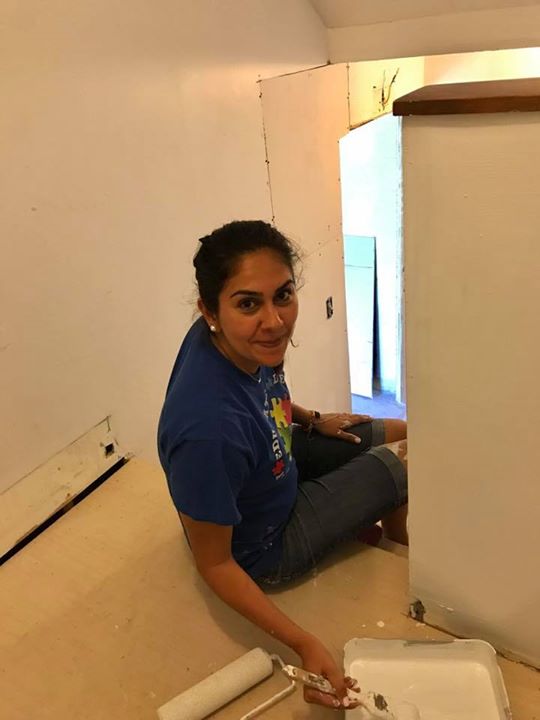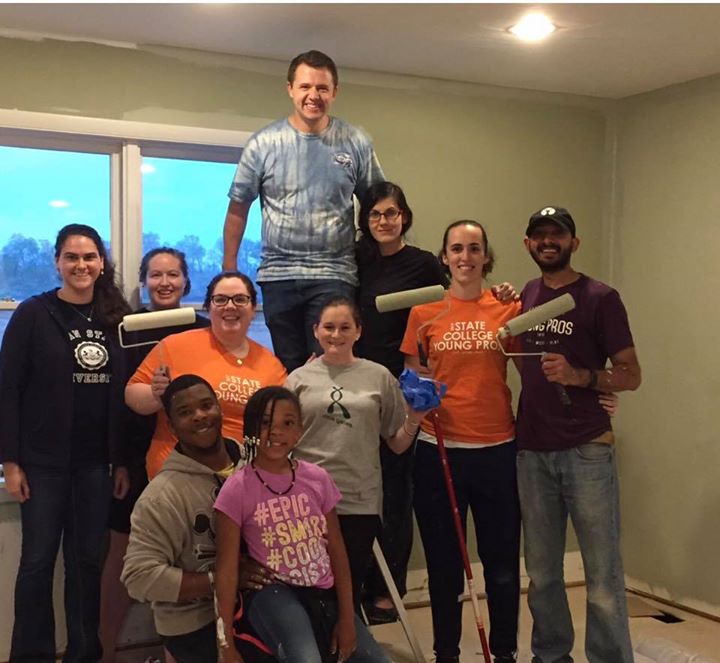Adults with disabilities deserve right to choose where to live
The idea that one residential model is appropriate for the entire spectrum of intellectual and developmental disability — from college-educated self-advocates to profoundly impaired individuals at risk of detaching their own retinas or bolting into traffic — is patently absurd.
In two years, my oldest daughter will go to college and move into a dormitory with other students. My mother loves her gated retirement community. My son, however, can’t make a similar choice to live with his peers. Jonah, now 18, has severe autism and is part of the only group of people in the United States denied the basic right to choose where and with whom to live: the intellectually and developmentally disabled.
An increasing number of states are refusing to fund large residential communities that are specific to disabled people — despite the popularity of these models both among people who want a readily available social network and those who have medical or behavioral challenges that require extensive support.
www.jasonsconnection.org












